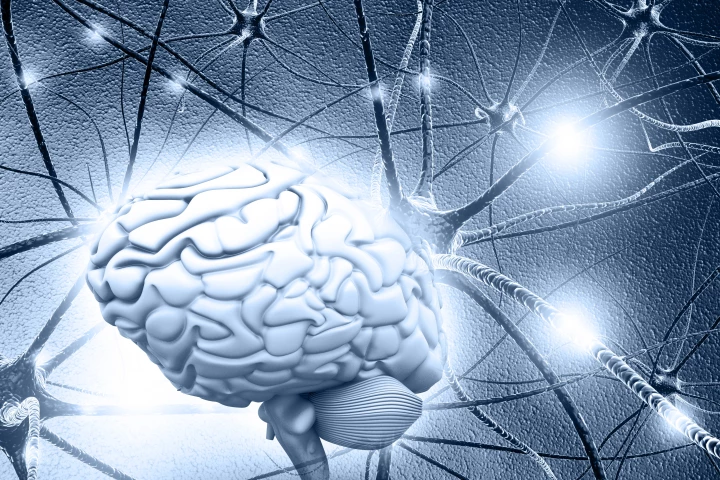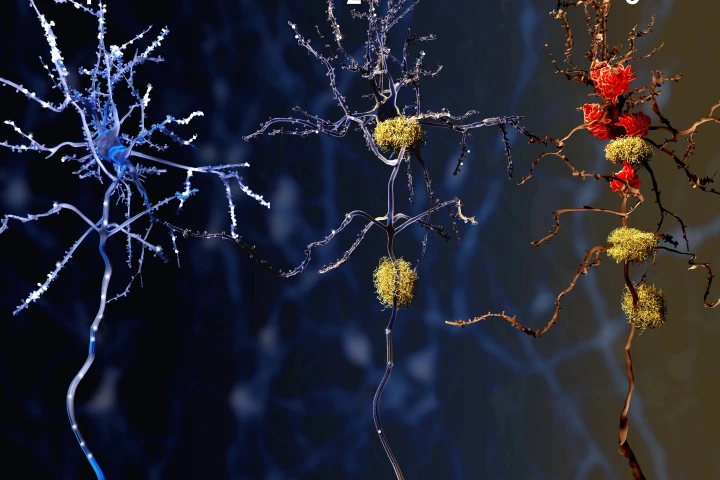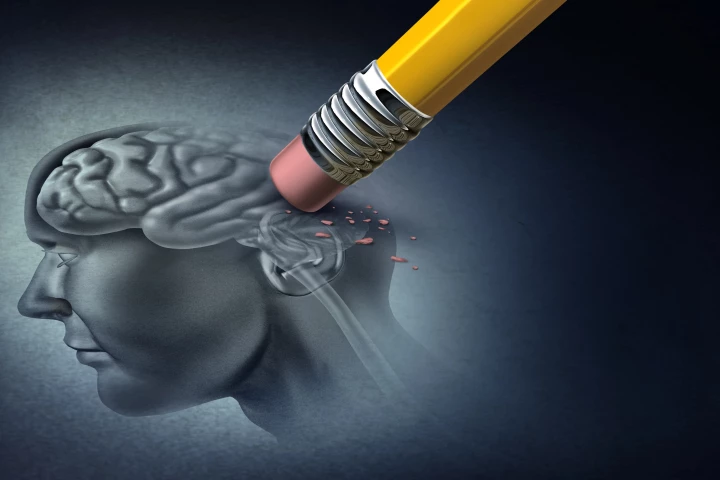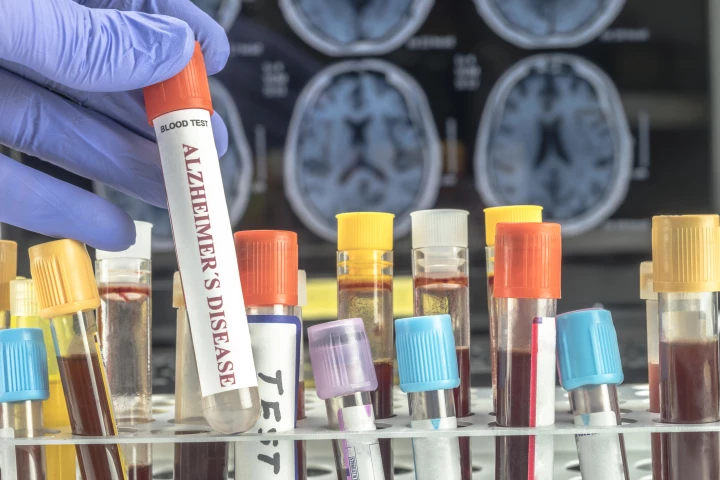Brain
-
Alternating between a calorie-restricted plan and one high in fat and sugar, resulting in weight gain, is not just down to psychology and behavior. This kind of weight-loss-gain cycle – yo-yo dieting – has a surprising biological driver: The gut.
-
Remarkable new findings about the sugar stores in neurons have unlocked an entire new method of treating cognitive decline, and it furthers our understanding of why GLP-1 weight loss drugs appear to provide a shield against Alzheimer's disease.
-
A study found that psychopaths have structural changes in particular areas of the brain that deal with impulse control and emotional regulation. This improved understanding may help to formulate targeted treatment and rehabilitation strategies.
-
Exposure to common metals has again been linked to ADHD and specific symptoms. It builds on existing research that has found a strong association between environmental contaminants like lead and a higher rate of people diagnosed with the condition.
-
A protein found in our cells has emerged as a secret weapon against biological aging, acting like a glue to repair damaged DNA and ward off neurological degeneration including that seen in motor neuron, Alzheimer’s and Parkinson’s diseases.
-
Talk about thinking small: researchers at Harvard University have devised a new way to implant flexible bioelectronic devices in the embryos of frogs, mice, and lizards, enabling them to monitor brain activity as these creatures develop.
-
In another advancement in the field of brain-computer interfaces, a new implant-based system has enabled a paralyzed person to not only talk, but also 'sing' simple melodies through a computer – with practically no delay.
-
Taking inspiration from the CAR T-cell technology used to provide personalized cancer treatments, researchers have conducted a proof-of-concept study showing how similar compounds can precisely target protein tangles and plaques in the brain.
-
Men who carry two copies of a common genetic variant are twice as likely to develop dementia than women with the same mutations. This discovery may now lead to early detection and novel interventions to block how these variants impact the brain.
-
A personalized facial e-tattoo wirelessly monitors the brain and can tell when it’s being overworked and can use the data it collects to predict mental overload, according to a new study. The tech could help us maintain a productivity sweet spot.
-
A new experimental painkiller has shown promise in dulling or eliminating pain without the addictive qualities exhibited by today's most popular opioids. The drug also sidesteps common opioid side effects like constipation and sedation.
-
The first blood test for Alzheimer's disease detection has been green-lit by the US Food and Drug Administration, providing a simpler, quicker and less invasive method of diagnosis and speedier intervention. It's a milestone moment for medical science.
Load More











